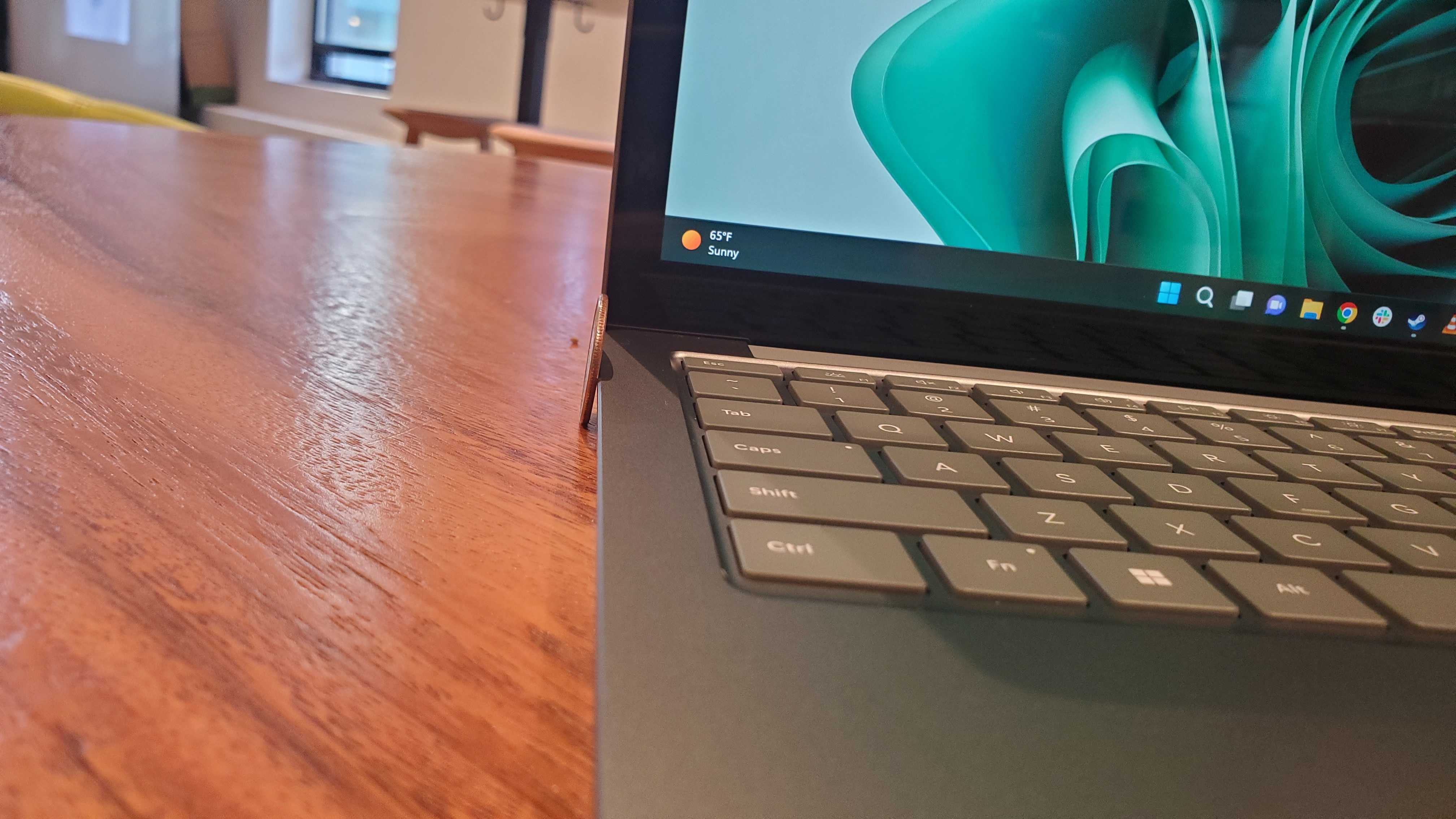Intel Raptor Lake laptop CPU benchmark points to a multi-core monster
Core i7-1370P processor beefs up the core count and it shows

One of Intel’s incoming laptop processors for Raptor Lake has been spotted in a benchmark, and it beefs up the core count compared to its Alder Lake predecessor.
First off, arm yourself with a skeptical attitude as always around these kind of leaks, but the mobile CPU in question is the Core i7-1370P which is the successor to the Core i7-1270P. (It’s part of Intel’s low-power range, which the ‘P’ denotes).
Going by the benchmark which appeared on Geekbench, as surfaced by BenchLeaks on Twitter (via Tom’s Hardware), the Core i7-1370P will have six performance cores and eight efficiency cores, making for a total of 14-cores (and 20-threads, as only the performance cores use hyper-threading).
[GB5 CPU] Unknown CPUCPU: Intel CoreT i7-1370P (14C 20T)Min/Max/Avg: 3475/4486/4438 MHzCodename: Raptor LakeCPUID: B06A2 (GenuineIntel)Scores, vs AMD 5800XSingle: 1655, -4.2%Multi: 10184, -5.2%https://t.co/M9Rb3tkLT2November 28, 2022
That’s notable because the 1270P has 12-cores in total, so with Raptor Lake, Intel is upping the core count to 14 which is a nice boost for the new generation of mobile processors.
The Core i7-1370P – which was benchmarked inside a Dynabook laptop, incidentally – is shown boosting to 5GHz, with a base clock of 1.9GHz.
As for the actual result attained by the Raptor Lake CPU, it managed 1,655 for single-core in Geekbench, and 10,184 in multi-core testing. As Tom’s points out, this compares favorably to the Core i7-1270P, which over an average of a dozen results, pitched in at around 1,590 for single-core and 7,090 for multi-core.
Analysis: Raptor Lake mobile leaks seem increasingly promising
That means the Core i7-1370P is a bit nippier for single-core workloads, at around 4% quicker, but where it really shines compared to its predecessor is in multi-core, where it is almost 45% quicker in Geekbench. Those two extra cores really help the cause of speedy performance in multi-core tasks, as you’d expect, and the architectural improvements from Raptor Lake will drive further gains. Plus the beefed up spec elsewhere won’t hurt either, such as an apparent 200MHz faster boost speed.
Get daily insight, inspiration and deals in your inbox
Sign up for breaking news, reviews, opinion, top tech deals, and more.
Nevertheless, before we get carried away, this is just a single benchmark result, and a leaked one at that. But the promise held by the Core i7-1370P is clear enough, certainly, and as part of the low-power range, Intel should keep this one nice and efficient (with TDP likely to be around 25W to 30W; the 1270P is a 28W part).
This follows on the heels of other recent Raptor Lake spillage which indicates that Intel’s 13th-gen laptop processors will be something special, including a 24-core HX flagship that could boost up to 5.4GHz, no less.
The potential performance from these mobile CPUs could be eye-opening, then, across the entire line-up, and at least with the low-power models, you’re also not going to be fretting on the battery front (how that HX flagship will drain the battery is a point of concern, naturally).
Darren is a freelancer writing news and features for TechRadar (and occasionally T3) across a broad range of computing topics including CPUs, GPUs, various other hardware, VPNs, antivirus and more. He has written about tech for the best part of three decades, and writes books in his spare time (his debut novel - 'I Know What You Did Last Supper' - was published by Hachette UK in 2013).